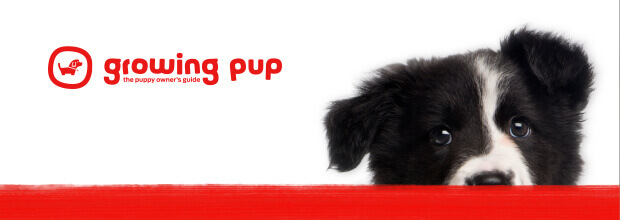Fun-loving and sometimes mischievous, the Affenpinscher is an ancient toy breed from central Europe. With the face and impish nature of a monkey, this peppy breed is extremely loyal and affectionate toward his family, though fearless toward aggressors. Ideal for apartments, his exercise requirements can be satisfied with indoor play, but he also enjoys daily walks. The Affenpinscher’s wiry, hypoallergenic coat should be brushed twice a week and trimmed twice a year.
DID YOU KNOW? Affenpinscher means "Monkey Terrier" in German. In Central Europe where he originated, the Affenpinscher was called “little devil with a moustache.”
ALSO KNOWN AS: African Terrier















